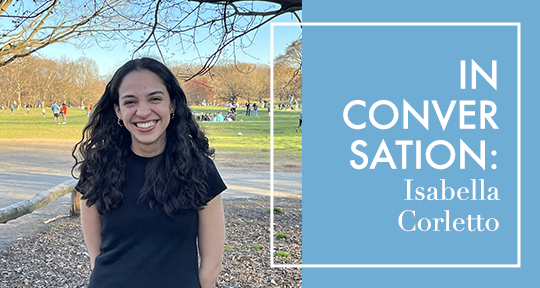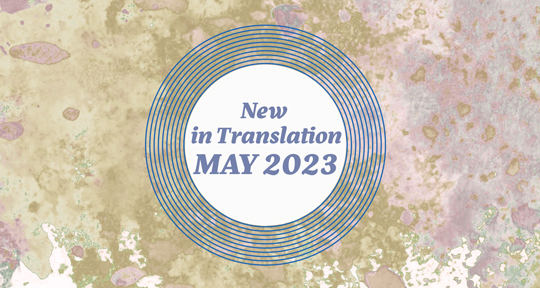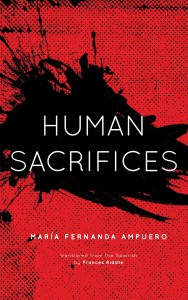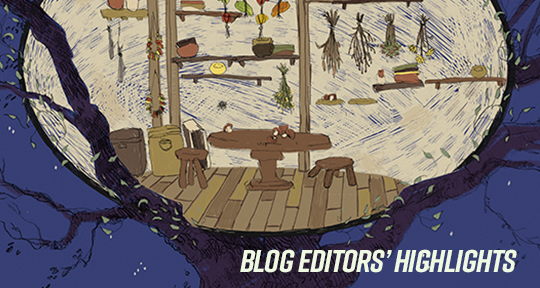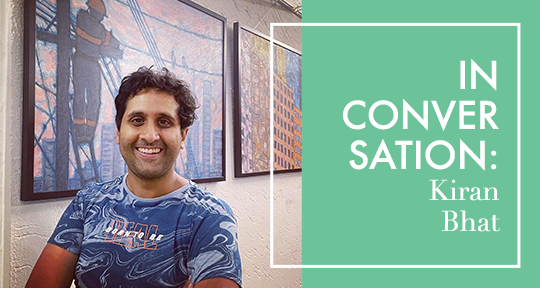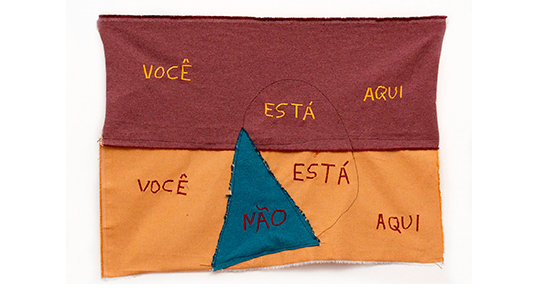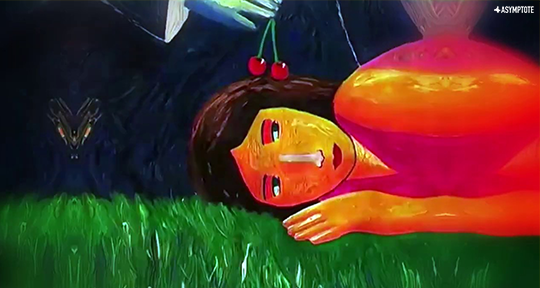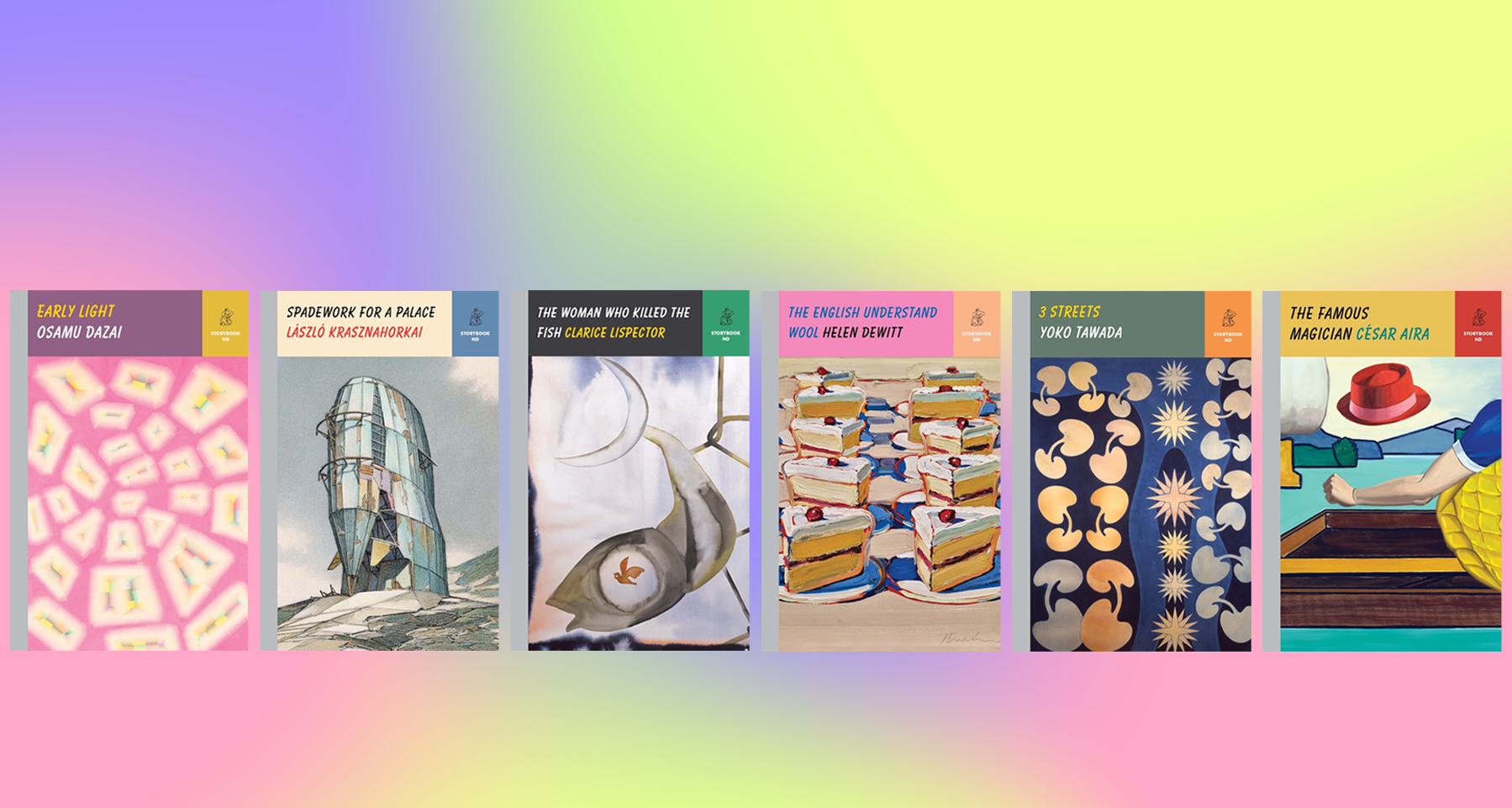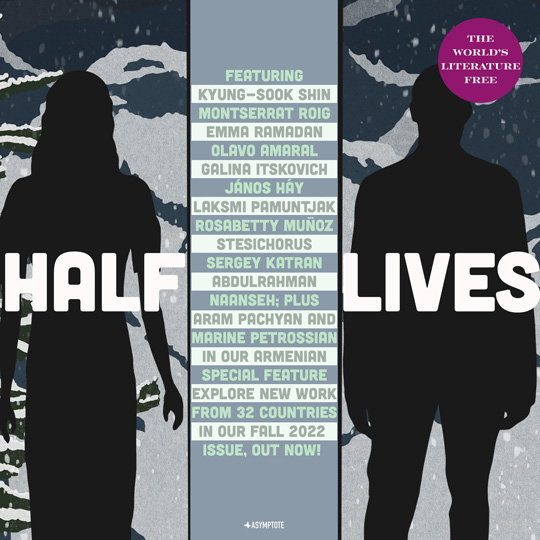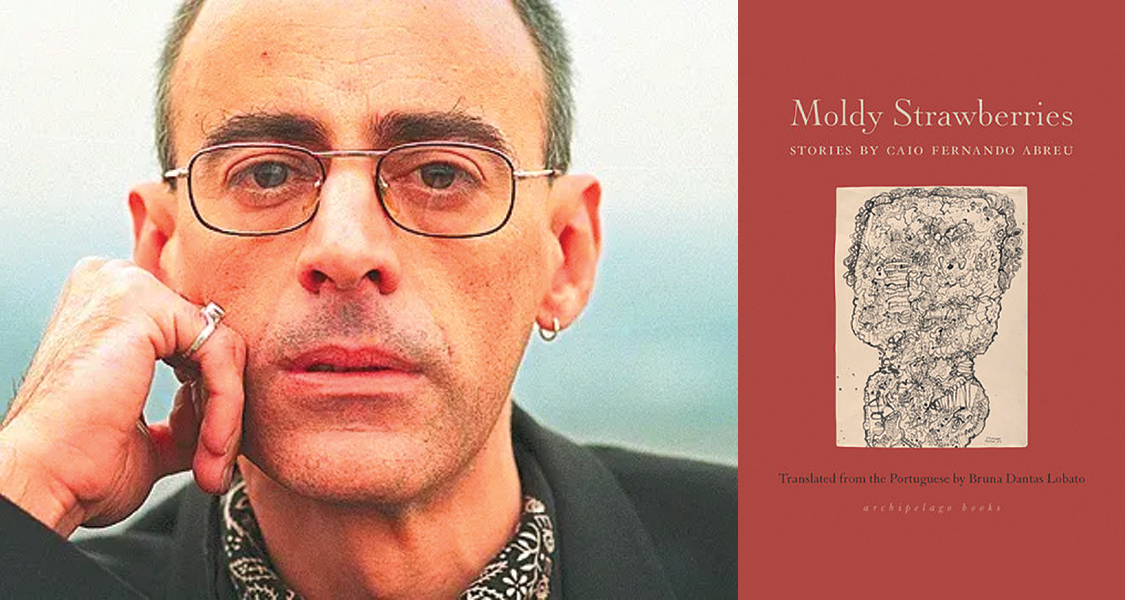In this week of literary news, we hear from our Editors-at-Large on Spanish-speaking countries around the world! From Spanish-Romanian literary intermingling in Spain, to recent award winners across Central America, to medium-bending poetry across sound and space in Mexico, read on to learn more!
MARGENTO, Editor-at-Large, reporting on Spain
As the summer season is kicking in and tourists are about to take over Spain—as is the usual for this time of the year—certain portions of the literary world are seeming to gain fresh momentum. That goes particularly for the transnational and translational endeavors.
The latest issue of the Madrid-based literary journal Ágora – Papeles de Arte Gramático offers a rich overview of contemporary Spanish poetry while including a generous Catalan special feature. A substantive section on Romanian literature is also featured, with reviews of Encarnación García León’s recent anthology of Romanian fiction in Spanish translation and articles on Spanish translations of the legendary writer and internationally revered religion phenomenologist Mircea Eliade and the symbolist Ion Minulescu.
Moreover, the issue opens with poems by past Asymptote contributor Felix Nicolau in Elisabeta Boțan’s Spanish translation and some of Fernando Pessoa’s celebrated poems in Dinu Flămând’s Romanian rendering. The journal has had a long-standing interest in Romanian-Spanish literary cross-pollinations, as a previous issue featured a sizeable section dedicated to the Romanian inter-war writer Max Blecher, who passed away at the age of 28 after spending a decade ill, confined to his bed, and writing literature that would later be widely translated. Blecher’s collected poems in Spanish translation, edited by Joaquín Garrigós, was a highlight of the issue. Ágora’s Editor-in-Chief Fulgencio Martínez warmly recommends to his readers the summer issue of another Madrid-based journal, Littera Nova, profuse with Romanian writing.


